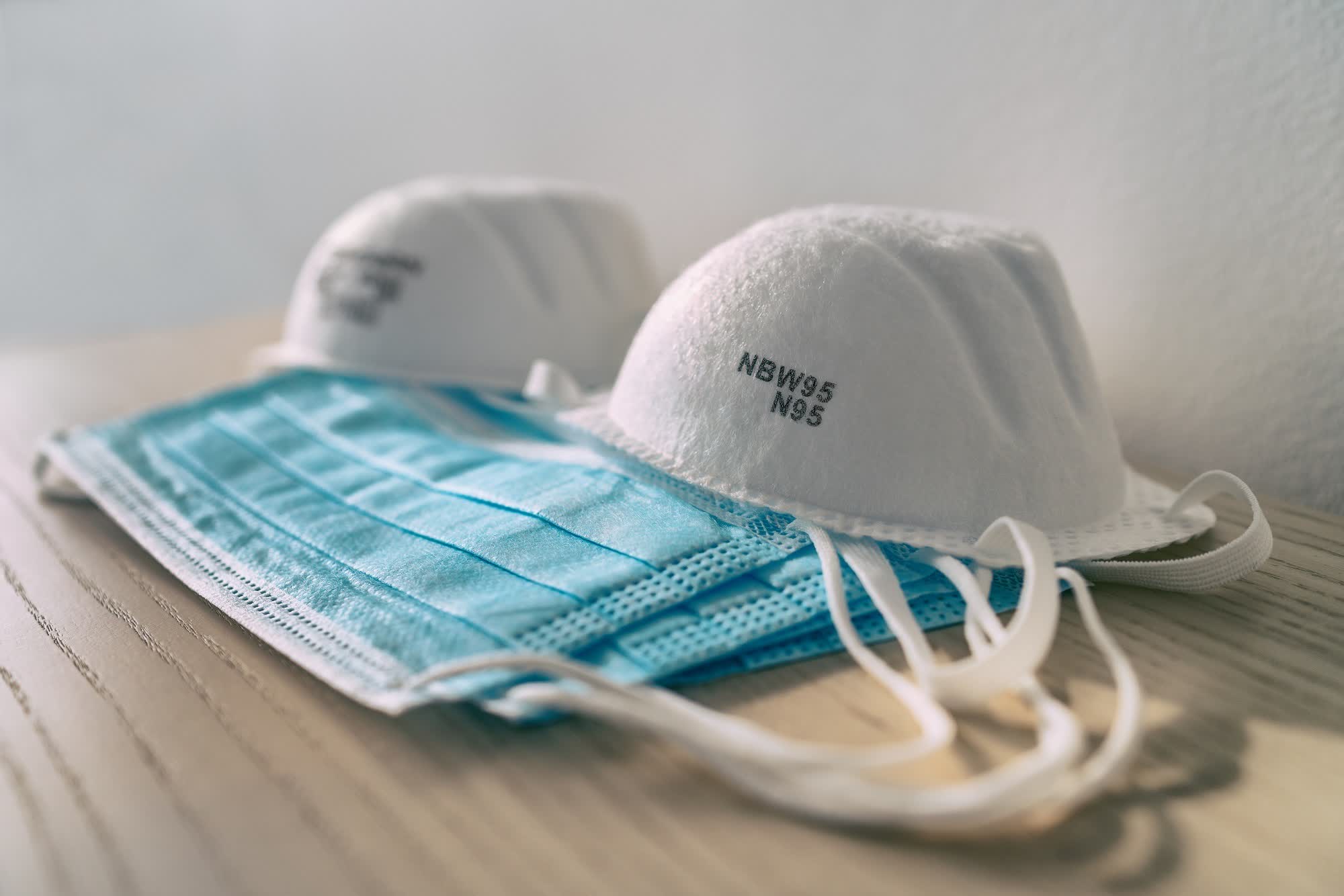In brief: Mask wearing has become a familiar sight across the world, but many people dislike wearing them for a variety of design-related reasons. If you think you can come up with something better, the US government's Biomedical Advanced Research and Development Authority (BARDA) is willing to pay up to $500,000 for your ideas.
The Mask Innovation Challenge aims to find designs that address some of the issues discouraging people from wearing masks. Anyone who uses glasses, for example, will know the frustration of walking around blind as their lenses fog up. There's also the skin irritation that some wearers experience, the actual discomfort masks cause, and the nightmare of trying to communicate with someone who can neither hear you properly nor see your mouth. Additionally, some masks tout levels of protection without any scientific evidence backing up these claims.
Designing the masks, which must be mass-producible and low-cost-per-use devices, is broken into two phases. Phase one is split into two tracks: improving upon already existing designs, and incorporating new technologies and materials that have not yet been included in current masks. Up to ten winners of this phase will receive up to $10,000 each.
Phase two is the proof-of-concept stage. This part requires participants to submit their solutions in response to a hypothetical scenario with a brand-new design not based on current masks. Finalists must present prototypes for proof-of-concept testing by NIOSH laboratories. A total prize pool of $400,000 will be divided among five winners.
Entries for phase one must be submitted by April 21, 2021, using the provided template and be no more than 7 pages maximum, including a cover page, proposed design description, and schematics/figures. More details on phase two will arrive at a later date.

Last month we heard that Razer really would be making its RGB-packed Project Hazel mask shown off at CES. It solves some usual issues thanks to its transparency and embedded microphones that amplify and enhance voices.
Masthead image credit: Maridav
